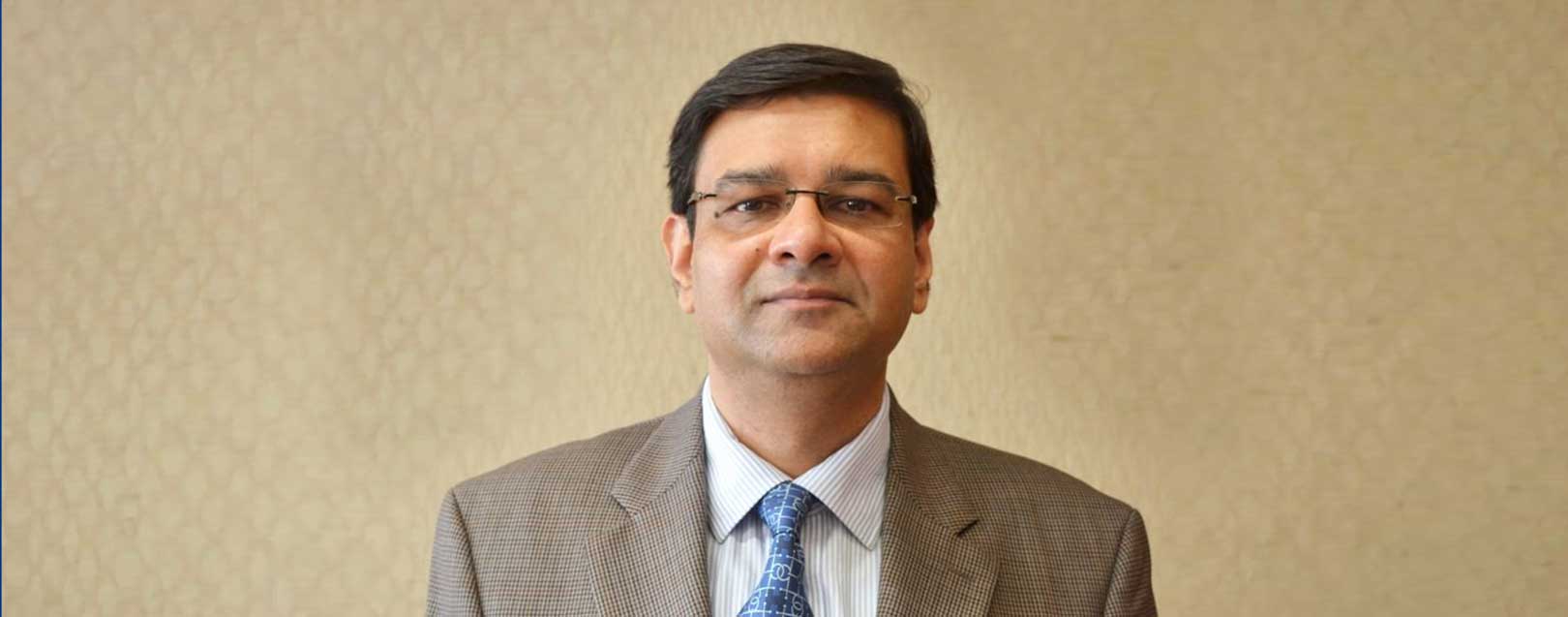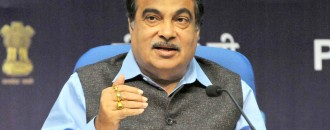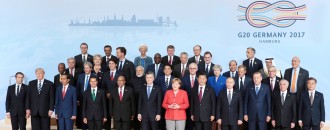
Govt opts for Urjit Patel as next RBI governor
The Dollar Business Bureau
Ending months of speculation over the next Reserve Bank of India (RBI) Governor, the government on Saturday appointed Urjit Patel as the next RBI chief as it looked to continue with the monetary-policy making and critical reforms which are currently at a progressive stage.
Patel was among the four shortlisted candidates, which included Arvind Subramanian, Kaushik Basu and Subir Gokarn. He, a PhD in Economics from Yale University, was appointed as the RBI’s deputy governor in January 2013, and later given three-year extension in January this year.
Patel is currently heading the monetary policy department, responsible for determining the interest rate policy. He, along with the current RBI Governor Raghuram Rajan, has been instrumental in formulating monetary policies in the last three years. Both Rajan and Patel share a good rapport.
Patel has been awarded a three-year term by the Appointments Committee of Cabinet (ACC). This is also the first instance when the RBI governor has been appointed based on the suggestions of the Financial Sector Regulatory Appointments Search Committee (FSRASC). “For the first time, a systematic approach and an objective mechanism have been put in place. The committee had met twice to discuss all possible names that can be considered for this assignment and had submitted a short panel of names to the ACC,” the government said in an announcement.
Although the country’s current economic growth and the overall domestic scenarios are in reasonable shape, with the GDP cloaking a 7.9% growth rate, ample foreign-exchange reserves, and stable currency, Patel will have many challenges ahead. He will have to undertake revival of credit, management of inflation once oil prices surge, redemption of FCNR (B) deposits worth $26 billion which was generated in September 2013, settlement of non-performing assets and improvement of micro, small and medium enterprises, and last of all, overseeing of a new monetary policy committee.






 to success.
to success.